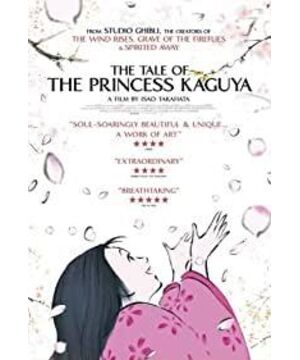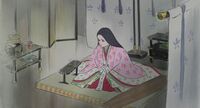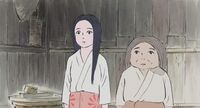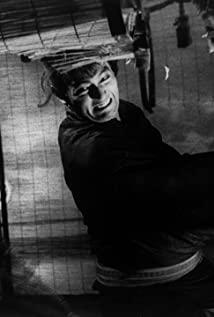Ghibli's Kaguya Monogatari is, in my opinion, a very feminist work.
Originally, I wanted to say that the legend of Japan is really full of early feminism, but because the original legend may have inconsistencies in details and cannot be verified, so this is barely an evaluation of Ghibli's works.
As long as you have experienced marriage and various unkind encounters, you will definitely feel the same way as Kaguya, being deceived, molested, rhetoric, the childhood sweetheart you really like is a married man, etc., and has been transformed into a "princess" by secular education, loss of freedom. Most of the time in the works, they satirize these encounters that even modern girls may experience in laughter and scolding. However, it is different from the traditional Japanese style. On the basis of keeping the original appearance of the myth and story as much as possible, the work wants to convey a positive outlook on life. If Kaguya in the fairy tales left the world with disappointment, Ghibli's Kaguya was full of reluctance, no matter the parents who were sad at the end, or the children's song that praised the beauty of the world, as if they were the main creator An elegy to a girl who is going to "leave this world": Please don't leave, this world will disappoint you, but it still has something worth remembering and loving. I think this is more full than the tragic level and sense of drama in the pure sense, like answering why some people live so unfortunately, but still love life. When Kaguya was born, the details of the life of the old couple raising the baby and the delicate paintings were really touching, which also made what Ghibli wanted to express convincing.
View more about The Tale of The Princess Kaguya reviews











